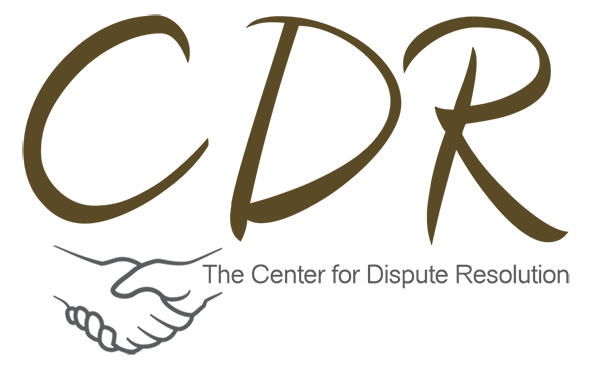
Training Programs for Conflict Resolution in Healthcare: What Works?
In the fast-paced and emotionally charged environment of healthcare, conflicts are inevitable. Whether they stem from differences in opinion, communication breakdowns, or high-stakes decision-making, conflicts can disrupt the harmony crucial for effective patient care. Recognizing the importance of a cohesive healthcare team, institutions are increasingly investing in training programs for conflict resolution. This article explores the question: What training programs are effective in resolving conflicts within healthcare settings?
- Communication Skills Training: The Foundation for Conflict Resolution
Effective communication is the cornerstone of conflict resolution. Training programs that focus on enhancing communication skills equip healthcare professionals with the tools needed to navigate challenging conversations. These programs often include active listening techniques, assertiveness training, and strategies for clear and concise expression. By honing these skills, healthcare teams can prevent misunderstandings and foster a culture of open dialogue.
- Mediation Training: Navigating Complex Conflicts
Mediation training is designed to empower healthcare professionals with the ability to facilitate resolution in complex conflicts. Mediators act as neutral third parties, guiding the involved parties through a structured process of communication and negotiation. This approach can be particularly effective in addressing interpersonal conflicts or disagreements about patient care plans. Mediation training ensures that conflicts are addressed constructively, preserving relationships and maintaining focus on patient well-being.
- Emotional Intelligence Workshops: Understanding and Managing Emotions
Conflicts often arise from emotional triggers, and healthcare professionals must navigate these emotions effectively. Emotional intelligence workshops are designed to enhance self-awareness and empathy, enabling healthcare teams to better understand their own emotions and those of their colleagues. By fostering emotional intelligence, these training programs equip healthcare professionals with the skills needed to de-escalate conflicts and build stronger, more resilient teams.
- Team Building Exercises: Strengthening Cohesion
Preventing conflicts before they escalate is a key goal of many training programs. Team building exercises create opportunities for healthcare professionals to collaborate outside of the high-pressure work environment. These exercises often include trust-building activities, problem-solving challenges, and scenarios that mimic real-life healthcare situations. By fostering a sense of camaraderie and shared purpose, team building programs contribute to a more supportive and cohesive work environment.
- Crisis Management Training: Preparation for High-Stakes Situations
In healthcare, conflicts can escalate into crises with serious implications for patient safety. Crisis management training prepares healthcare professionals to handle high-stakes situations calmly and effectively. These programs typically cover decision-making under pressure, effective communication during emergencies, and post-crisis debriefing. By ensuring that healthcare teams are well-prepared for crises, these programs contribute to preventing conflicts from escalating to critical levels.
Conclusion:
Investing in training programs for conflict resolution in healthcare is essential for fostering a positive work environment and ensuring the delivery of high-quality patient care. Effective programs focus on communication skills, mediation techniques, emotional intelligence, team building, and crisis management. By combining these approaches, healthcare institutions can create a culture that not only resolves conflicts but also prevents them, ultimately leading to improved teamwork and better patient outcomes.
✅ Resolve disputes effortlessly. ✅ Build stronger relationships. ✅ Subscribe FREE now!
Don't miss out! Join us today. 🚀


Comments are closed